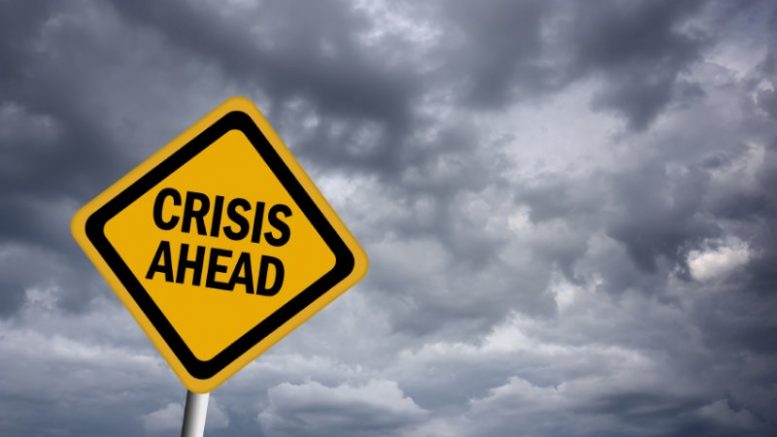Last many years of expertise in managing communications for corporate houses has taught me how significant an appropriate communication becomes during times of crisis. Communicating during a crisis is one of the most important elements of a workplace disaster. It is critical to communicate effectively with the internal staff, as well as with clients and also with media.
Precise, timely and relevant information is critical during any crisis and emergency. It is suggested that crisis communication should be an integral part of an effective communications plan. All businesses should have a crisis communication plan to ensure that accurate information is provided during an emergency to minimize problems caused by misleading communications.
First and foremost is to set up multiple means of communication using text messages and e-mail, and the latest being Whatsapp groups. Social media platforms can also be of great help. Set up a Facebook page, where employees can check to get information and can also have two-way interactive communication.
A good communications plan indicates that you care about your employees and for your customers.
A right communication plan with media is also essential. A good communication strategy can turn media into a support and make it a joyful hand holding. It is advised to designate a spokesperson, training them in dealing with the media, making sure all employees know who they are and how to direct the media to them. Training the spokesperson on an accurate conduct is very important and they should be able to project confidence while interacting with media.
An internal crisis communication goal should be to provide timely, accurate, and clear information to prevent inaccuracies and rumours. To achieve this, message templates must be kept ready all the time to save time and energy. This can prevent a lot of errors which might occur after an actual emergency has taken place.
It is important to set up a post-disaster communications schedule. The most critical information should be released as soon as possible. Once the situation stabilizes, it is good to post information at set intervals, such as every morning and evening.
A business’ crisis communication plan should include multiple means of reaching key stakeholders, such as text messaging, emails, a business telephone hotline with recorded messages and to allow voice messages to be left, social media outlets (Facebook, Twitter), a business’ website.
Having a crisis communication plan in advance of a crisis helps in reducing misinformation, assures an effective communication flow, and increases the timeliness of messaging. The plan should include key contacts, templates and detailed procedures on how and when to share information and with whom.
The biggest challenge is managing outsiders who may share misleading information which may end up in damaging the reputation. This is why effective, precise communication is critical during crisis – whether it is inside the organisation or to the public in general.
Effective communication with media is essential. A good PR firm can help put in place a good media communication strategy. This way the media can support while you recover from crisis and rebuild your organisation.
Good PR firms can provide in-depth training to ensure your spokespersons can confidently and effectively communicate with the media.
It is crucial to recognise that crisis communication is as important as crisis management. It is imperative to keep the key stakeholders informed internally through the various channels used for effective communication. It is important to send out personal and effective communication to clients. It is extremely essential to send out an honest communication to media as well (whether proactive or reactive). All this helps in managing the crisis effectively.
The views expressed here are that of the author and do not necessarily reflect that of Reputation Today.







Leave a comment